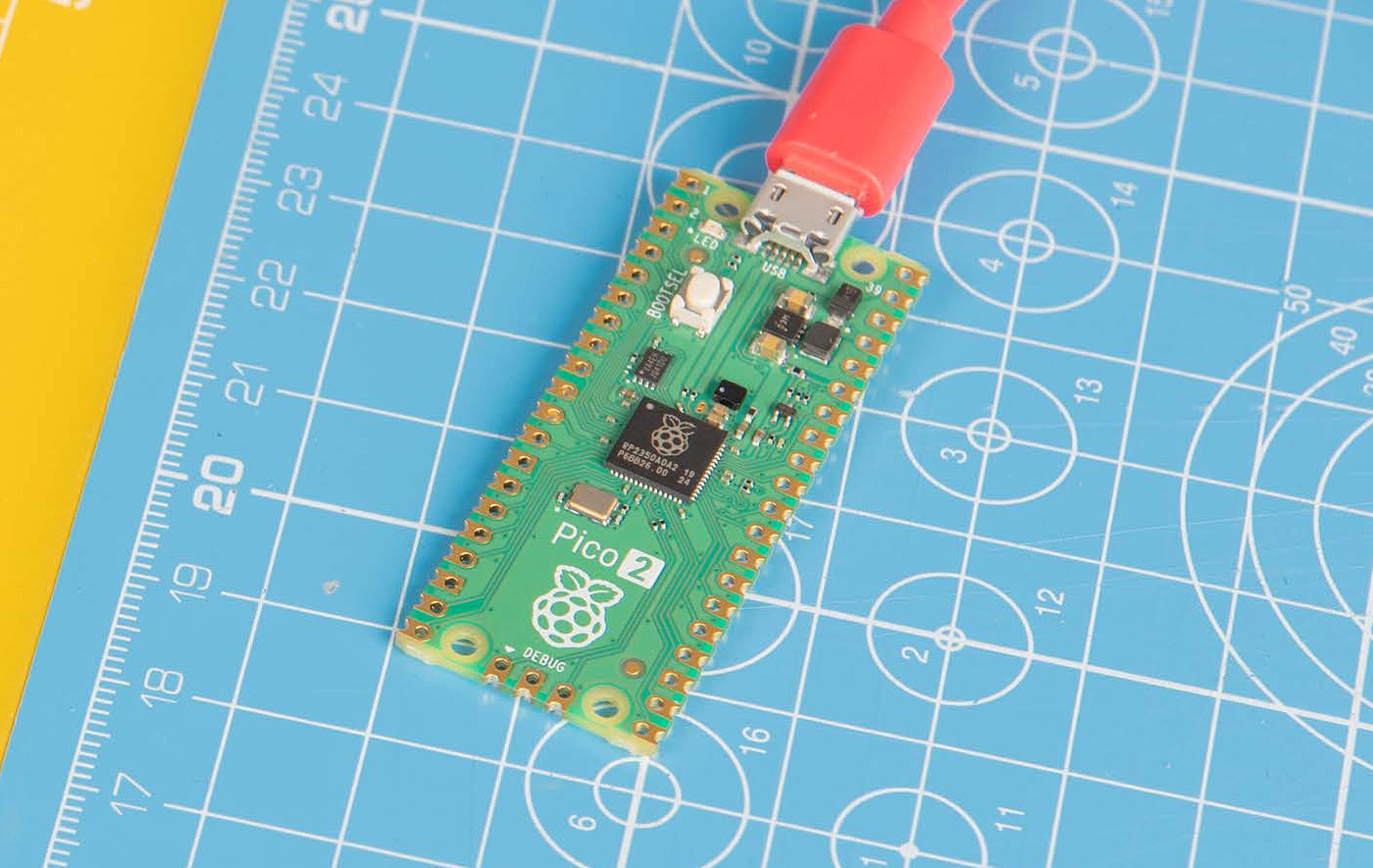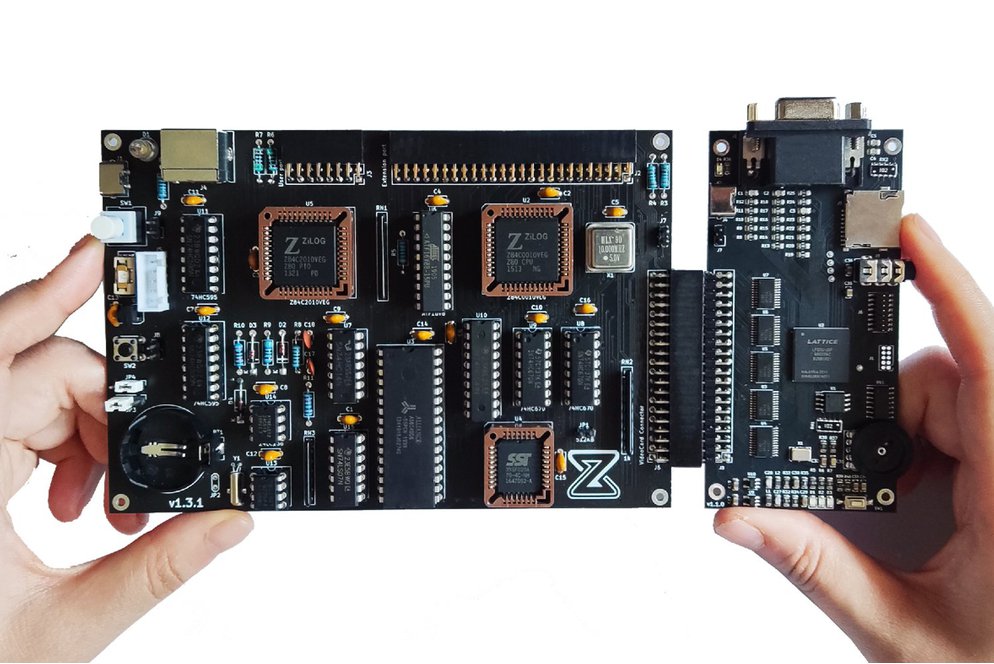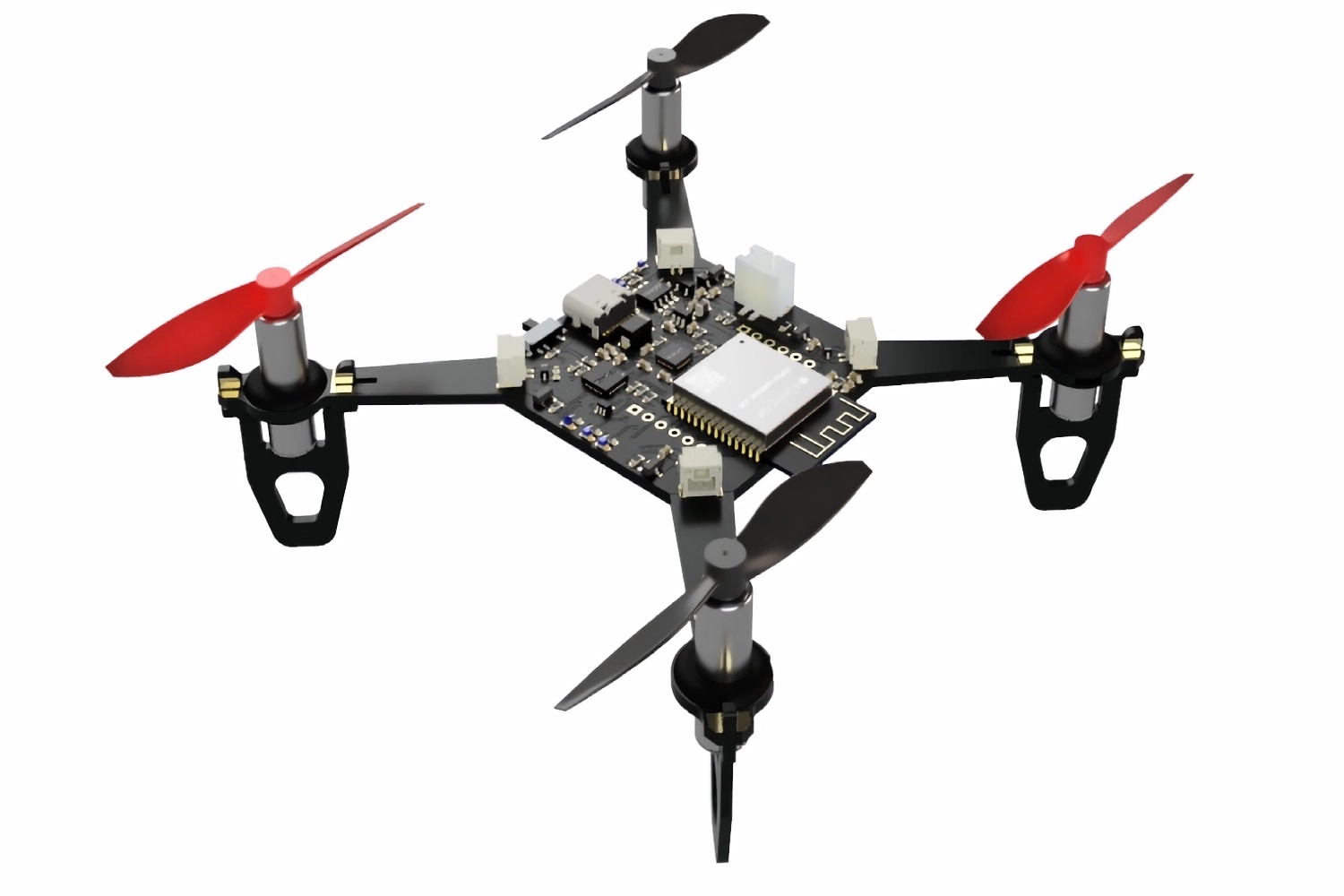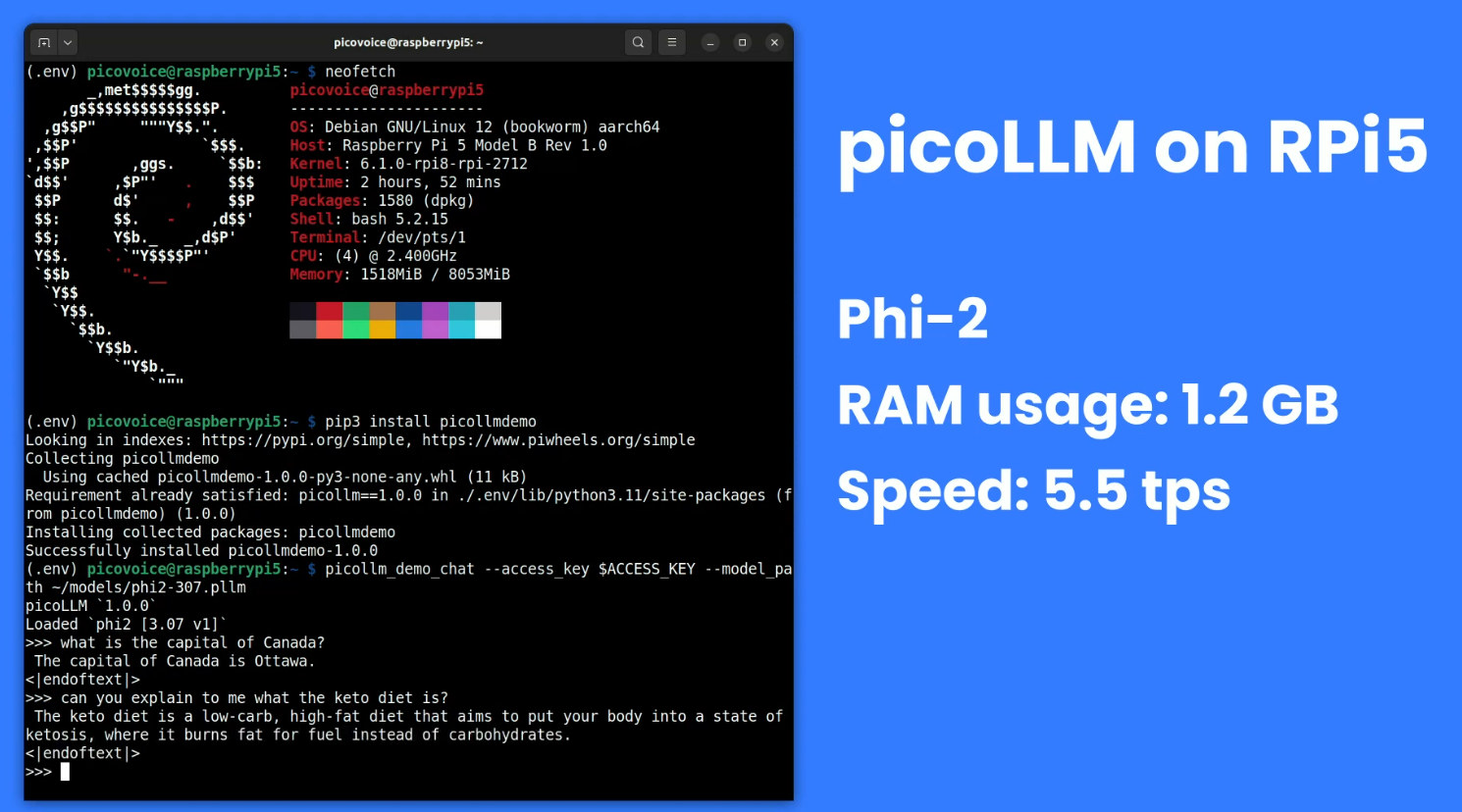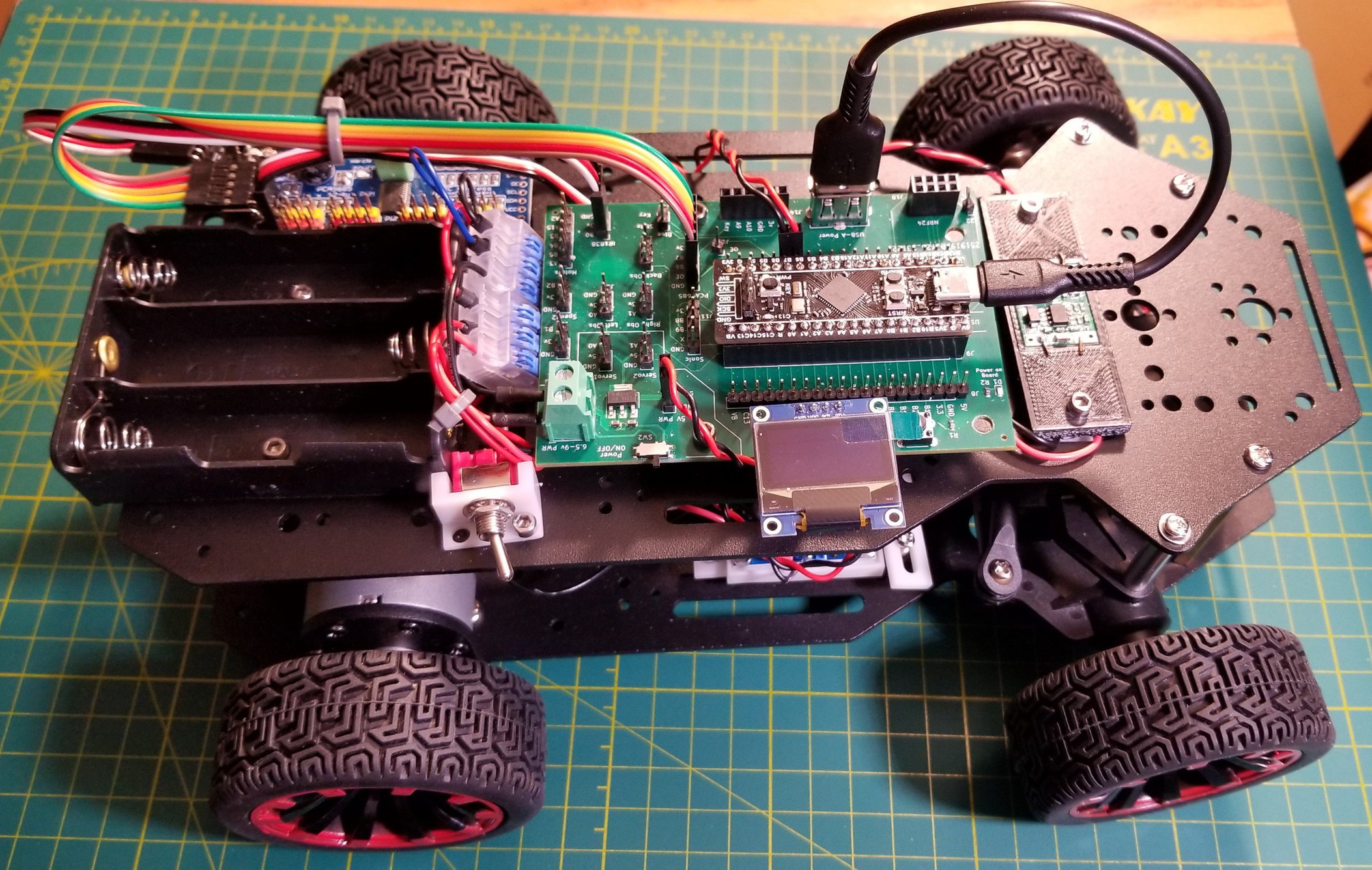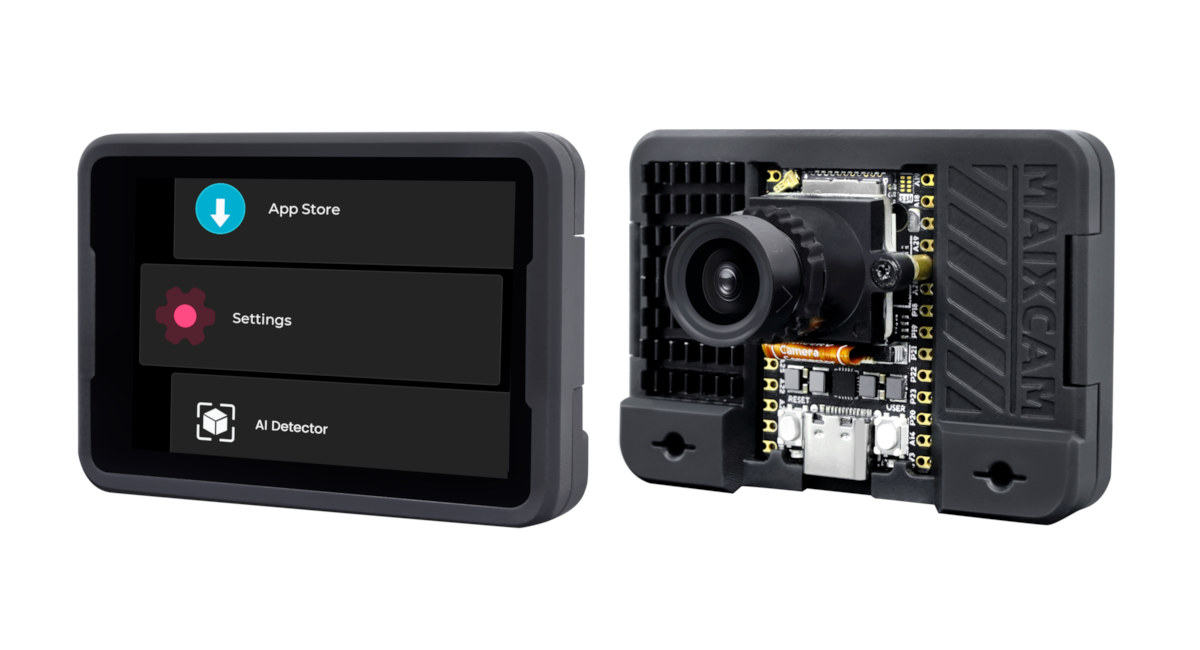The Raspberry Pi Pico 2 is an MCU development board based on the new Raspberry Pi RP2350 dual-core RISC-V or dual-core Cortex-M33 microcontroller with 520 KB on-chip SRAM, a 4MB flash, a micro USB port for power and programming and the same GPIO headers as the Raspberry Pi Pico board with an RP2040 dual-core Cortex-M0+ microcontroller with 264KB SRAM. The RP2350 embeds both an open-source Hazard3 RISC-V dual-core CPU and a dual-core Cortex-M33, but only one cluster can be used at a given time. Apart from the faster MCU cores and higher SRAM capacity, the RP2350 is about the same as the RP2040, albeit it also adds one extra PIO block bringing the total to three. One important new feature is built-in security when using Arm Cortex-M33 cores with Trustzone and other security features. Raspberry Pi RP2350 microcontroller Let’s have a closer look at the RP2350 microcontroller, before checking out […]
$180 Zeal 8-bit Computer Complete Edition is an all-in-one retrocomputing platform based on the Zilog Z80 microprocessor
The Zeal 8-bit Computer Complete Edition is a system that aims to bring retrocomputing to the modern age with the aid of a motherboard built around the Zilog Z80 microprocessor and several peripherals. The Zeal 8-bit Computer project began in early 2021 and has been released in bits and pieces since then. Now, a finalized version tagged the “Complete Edition” is ready for release to the public. It promises a modern retrocomputing experience with the simplicity of retro computers and support for relatively recent features such as VGA graphics, TF cards, and NOR flash. The Zeal 8-bit Computer Complete Edition includes the following components: the Zeal 8-bit Computer motherboard, the Zeal 8-bit Video Board, and a 3D-printed enclosure with a touch sensor for turning the board on/off. The Zeal 8-bit Video Board is based on a Lattice ECP5 FPGA and can output up to 65,536 colors via VGA. It also […]
SkyByte Mini Wi-Fi-controlled drone runs the open-source ESP32-Drone firmware (Crowdfunding)
The SkyByte Mini is a simple, miniature drone powered by the ESP32-WROOM-32 WiFi and Bluetooth module, and comprised of an MPU6050 inertial measurement unit, coreless motors, and plastic propellers. The Espressif ESP32-WROOM-32 module on the board provides a wireless connection that can be used to control the drone from a mobile app. The printed circuit board uses an “all-in-one” design that removes the need for 3D-printed parts and makes for a more compact final product. The drone’s functionality can be extended with external sensors to suit desired applications. It can be used for hobbyist and educational purposes. SkyByte Mini drone specifications: Wireless Module – ESP32-WROOM-32 module, dual-core Tensilica processor, with integrated Wi-Fi + Bluetooth 4.2 LE Motor control – 4x SI2302 N-Channel 20V MOSFET USB – USB-C port for power and programming Sensor – TDK Invensense MPU6050 IMU 3-axis gyroscope and 3-axis accelerometer Misc- 3x debugging LEDs, 1x power LED, […]
Olimex NEO6502 is a W65C02 and Raspberry Pi RP2040-powered retro computer with HDMI, USB, and more
Olimex has recently launched NEO6502 an open-source hardware retro computer designed for educational and entertainment purposes, but that doesn’t mean it can’t be used for retro gaming. The board is very unique as it’s built around a 65C02 MPU and Raspberry Pi Pico RP2040 MCU in a dual-processor configuration. The MOS6502 handles the Apple II, Oric, and Commodore 64 emulators whereas the RP2040 handles everything else including HDMI (DVI) video output using the PicoDVI project. Previously we have written about similar retro computer kits such as the CERBERUS 2100, TinyLlama x86, DevTerm with ClockworkPi v3.14, Olimex AgonLight2, and many others feel free to check those out if you are interested in retro tech with a modern twist. Olimex NEO6502 board specifications Processors Western Design Center W65C02S 8-bit microprocessor @ 6.25 MHz with 64kB RAM, 32kB Graphics RAM Raspberry Pi RP2040 dual-core Cortex-M0+ MCU @ 133 MHz with 264 KB SRAM Storage […]
picoLLM is a cross-platform, on-device LLM inference engine
Large Language Models (LLMs) can run locally on mini PCs or single board computers like the Raspberry Pi 5 but with limited performance due to high memory usage and bandwidth requirements. That’s why Picovoice has developed the picoLLM Inference Engine cross-platform SDK optimized for running compressed large language models on systems running Linux (x86_64), macOS (arm64, x86_64), and Windows (x86_64), Raspberry Pi OS on Pi 5 and 4, Android and iOS mobile operating systems, as well as web browsers such as Chrome, Safari, Edge, and Firefox. Alireza Kenarsari, Picovoice CEO, told CNX Software that “picoLLM is a joint effort of Picovoice deep learning researchers who developed the X-bit quantization algorithm and engineers who built the cross-platform LLM inference engine to bring any LLM to any device and control back to enterprises”. The company says picoLLM delivers better accuracy than GPTQ when using Llama-3.8B MMLU (Massive Multitask Language Understanding) as a […]
Easily build a robot car with the Car Base Board for the STM32F411 “Black Pill” board
The Car Base Board from Applying Microcontroller Solutions is a modular platform for building robot car projects powered by the WeAct Studio Black Pill development board. The Black Pill board is an upgrade to the “Blue Pill 2” board and features the STM32F411CEU6 microcontroller running at 100MHz with 512 KB of flash memory, 128 KB SRAM, and a USB Type-C port for power and programming. The Care Base Board printed circuit board is a base controller that takes hardware expansions such as wireless modules, servos, and sensors to monitor and control a robot car. The onboard headers provide a straightforward way to wire these connections and help prevent a tangled mess (rat’s nest) of wires. The PCB’s design makes it easy to use widely-available, “generic” devices and boards in development and to power all of them with batteries. It also allows the developer to select their favorite wireless communication device. […]
Sipeed MaixCAM is a RISC-V AI camera devkit with up to 5MP camera, 2.3-inch color touchscreen display, GPIOs
Sipeed MaixCAM is an AI camera based on SOPHGO SG2002 RISC-V (and Arm, and 8051) SoC with a 1 TOPS NPU that takes up to 5MP camera modules and comes with a 2.3-inch color touchscreen display. The development kit also comes with WiFi 6 and BLE 5.4 connectivity, optional Ethernet, audio input and output ports, a USB Type-C port, and two 14-pin GPIO headers for expansion that makes it suitable for a range of computer vision, Smart audio, and AIoT applications. Sipeed MaixCAM specifications: SoC – SOPHGO SG2002 CPU 1 GHz RISC-V C906 processor or Arm Cortex-A53 core (selectable at boot) running Linux 700 MHz RISC-V C906 core running an RTOS 25 to 300 MHz low-power 8051 processor NPU – 1 TOPS @ INT8 with support for models such as Mobilenetv2, YOLOv5, YOLOv8, etc… Video Codec – H.264, H.265, MJPEG hardware encoding and decoding up to 2K @ 30fps Memory […]
BitNetMCU project enables Machine Learning on CH32V003 RISC-V MCU
Neural networks and other machine learning processes are often associated with powerful processors and GPUs. However, as we’ve seen on the page, AI is also moving to the very edge, and the BitNetMCU open-source project further showcases that it is possible to run low-bit quantized neural networks on low-end RISC-V microcontrollers such as the inexpensive CH32V003. As a reminder, the CH32V003 is based on the QingKe 32-bit RISC-V2A processor, which supports two levels of interrupt nesting. It is a compact, low-power, general-purpose 48MHz microcontroller that has 2KB SRAM with 16KB flash. The chip comes in a TSSOP20, QFN20, SOP16, or SOP8 package. To run machine learning on the CH32V003 microcontroller, the BitNetMCU project does Quantization Aware Training (QAT) and fine-tunes the inference code and model structure, which makes it possible to surpass 99% test accuracy on a 16×16 MNIST dataset without using any multiplication instructions. This performance is impressive, considering […]


